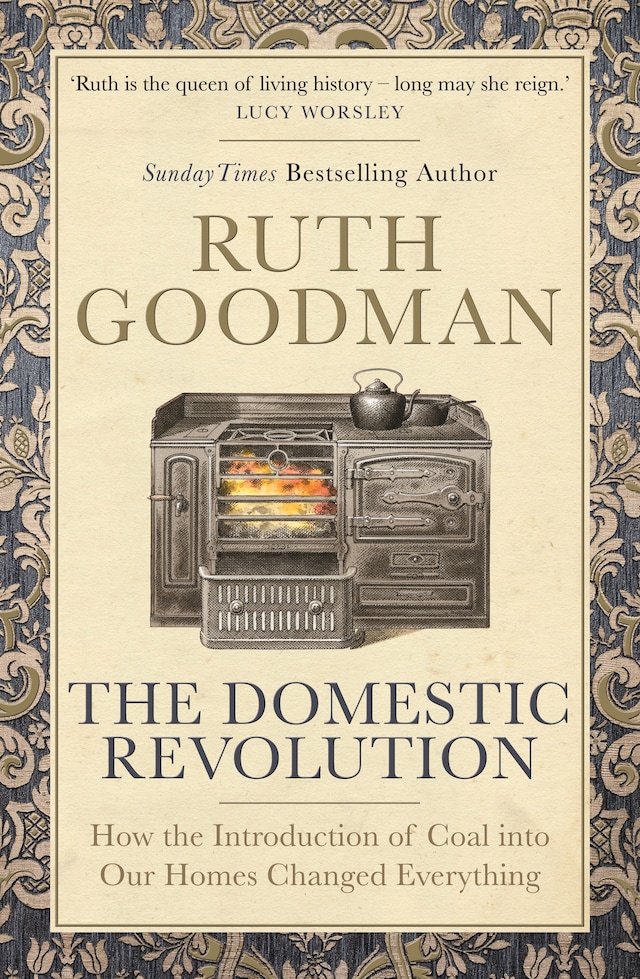
The Domestic Revolution
Description of book
‘Ruth is the queen of living history – long may she reign.’
Lucy Worsley
A large black cast iron range glowing hot, the kettle steaming on top, provider of everything from bath water and clean socks to morning tea: it’s a nostalgic icon of a Victorian way of life. But it is far more than that. In this book, social historian and TV presenter Ruth Goodman tells the story of how the development of the coal-fired domestic range fundamentally changed not just our domestic comforts, but our world.
The revolution began as far back as the reign of Queen Elizabeth I, when London began the switch from wood to coal as its domestic fuel – a full 200 years before any other city. It would be this domestic demand for more coal that would lead to the expansion of mining, engineering, construction and industry: the Domestic Revolution kick-started, pushed and fuelled the Industrial Revolution.
There were other radical shifts. Coal cooking was to change not just how we cooked but what we cooked (causing major swings in diet), how we washed (first our laundry and then our bodies) and how we decorated (spurring the wallpaper industry). It also defined the nature of women’s and men’s working lives, pushing women more firmly into the domestic sphere. It transformed our landscape and environment (by the time of Elizabeth’s death in 1603, London’s air was as polluted as that of modern Beijing). Even tea drinking can be brought back to coal in the home, with all its ramifications for the shape of the empire and modern world economics.
Taken together, these shifts in our day-to-day practices started something big, something unprecedented, something that was exported across the globe and helped create the world we live in today.
 Ruth Goodman
Ruth Goodman 353 Pages
353 Pages